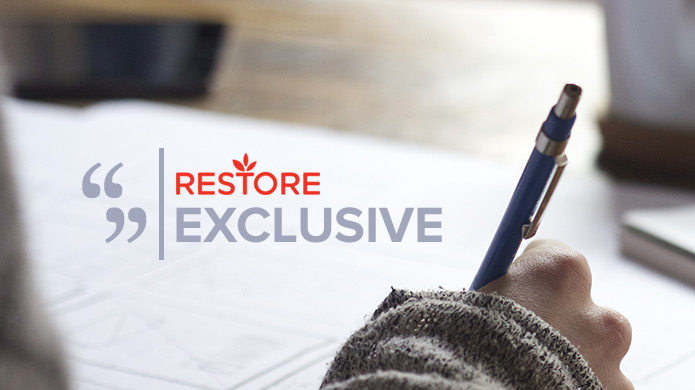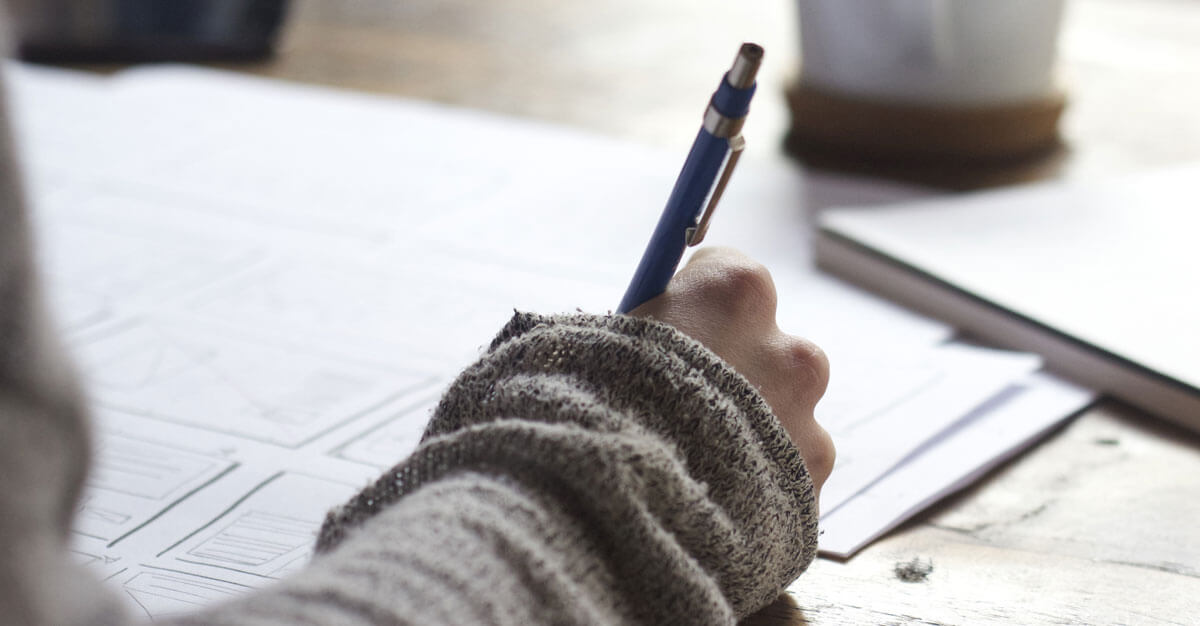In January 2016, we officially launched the first pilot of our new Economic Empowerment program. After nearly a year of research and developing this program, we invited eleven women to join our first Supportive Services pilot group as we continued to establish a new workers’ cooperative staffing agency. Below is a look into our evolving model, preliminary findings from the pilot, and what we still need to learn. We are both inspired and motivated to iterate this program to improve and expand our approach before launching our second pilot group in January 2017.
OUR MODEL
The purpose of the Economic Empowerment program is to equip women with skills and job opportunities to be on a path towards financial independence. We have developed a program organized into two areas: worker’s cooperative and supportive services.
Social Enterprise
A staffing agency connecting its members to employment opportunities to bridge financial needs while on a path to sustainable and meaningful employment. Restore launched this co-op under a confidential name to protect the histories and identities of its members. Members are required to participate in Supportive Services.
Supportive Services
Weekly training, coaching, and community support to prepare women for future employment opportunities. Trainings include budgeting, interviewing and resume preparation, and trauma-specific interventions such as resilience support and empowerment.
IMPACT UPDATES
The first pilot of the Economic Empowerment program recently graduated from the first Supportive Services program. It was a six-month journey where eleven participants learned basic life and job-readiness skills through a supportive community of mentors and fellow survivors. It has been inspiring and humbling to see the hard work of these women to overcome their fears and see their own potential. Below are the some of the highlights and learnings from this pilot.
LEARNINGS AND WHAT WE STILL NEED TO LEARN
The physical health of survivors cannot be ignored. While some women improved their health, their physical health scores decreased overall, although not significantly. This matters as we know how physical health can affect performance at work and poor health provides additional challenges. For our next pilot, we will be further exploring how to incorporate more physical health related services and trainings into the program.
Results from members based in the Safehome were considerably better than the results from members not living in the Safehome – we will explore why and the effect of offering other supportive care (such as housing, case management) in addition to economic empowerment services
Once members found work, their schedules made it difficult to continue attending weekly groups (though we continued to meet individually). We are working on an approach to shorten the training (from 6 to 3 months) and enable members to find work sooner.
LOOKING FORWARD
We are optimistic following our first pilot that we can continue to iterate our Economic Empowerment program to better serve its members. We learned a lot about what does and does not work, and areas we need to further develop. Now more than ever, we believe that Economic Empowerment is the key to creating long-term, sustainable independence for survivors of sex trafficking and exploitation.



